‘Ashley Madison’ Netflix doc director has theory on who exposed nearly 40 million users in 2015: ‘Fascinating’

The notorious dating site for married people seeking extramarital affairs, Ashley Madison, takes center stage in a new Netflix documentary.
“We really didn’t want it to be a moralizing, judgmental series all about why you should never cheat on your partner. Because of course, we all know how destructive and damaging infidelity can be. That’s not the most interesting thing to say about it,” director Toby Paton told The Post.
“So, we wanted to make a series that was not going to be judgmental. But at the same time, we didn’t want to be flippant or glib, saying, ‘It’s OK to cheat.’ Because of course it’s not the case. There are dark and awful consequences … So we wanted to find a way to strike the right tone.”
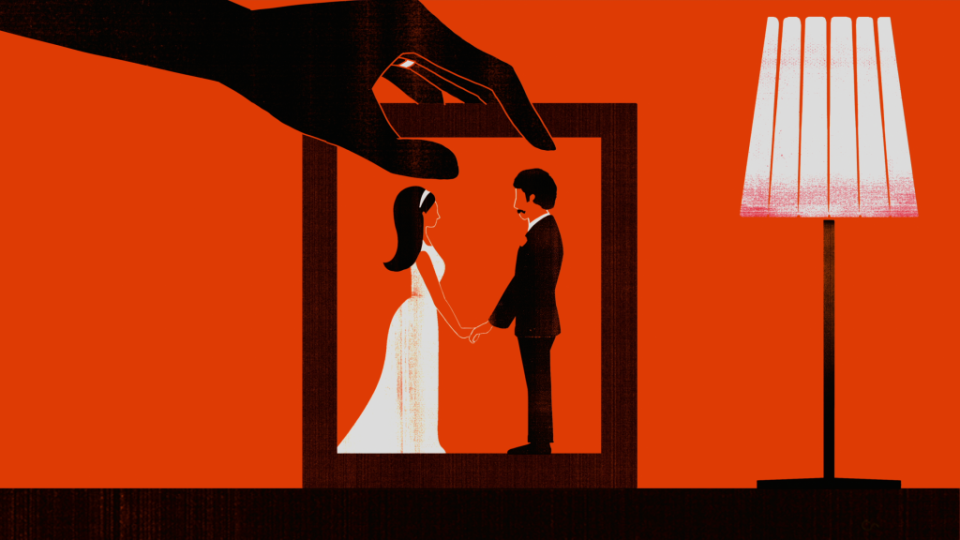
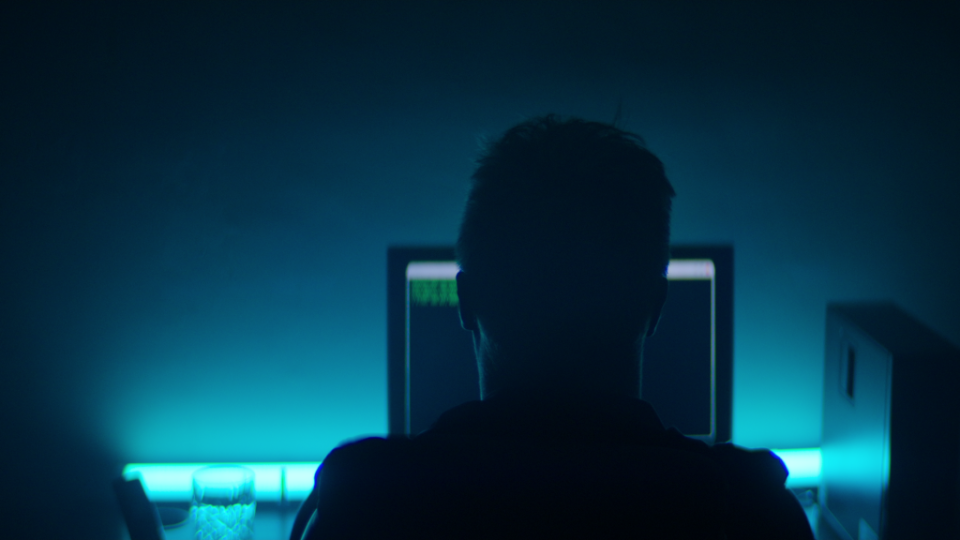
Premiering Wednesday, May 15, the three-episode series “Ashley Madison: Sex, Lies & Scandal” details the rise and fall of the dating website for cheaters, and the notorious 2015 data breach when unknown hackers leaked clients’ private information.
The doc also includes interviews with past employees such as then-top sales rep Evan Back, and even former YouTube star Sam Radar, a “Christian family man” influencer who got exposed for using Ashley Madison to cheat on his wife, Nia (who also gives her story on-screen).
The site’s then-CEO, Noel Biderman, did not agree to participate in the doc, but there’s lots of archival footage of him.
“It was extremely difficult to find people who were willing to open up on-screen,” said Paton.
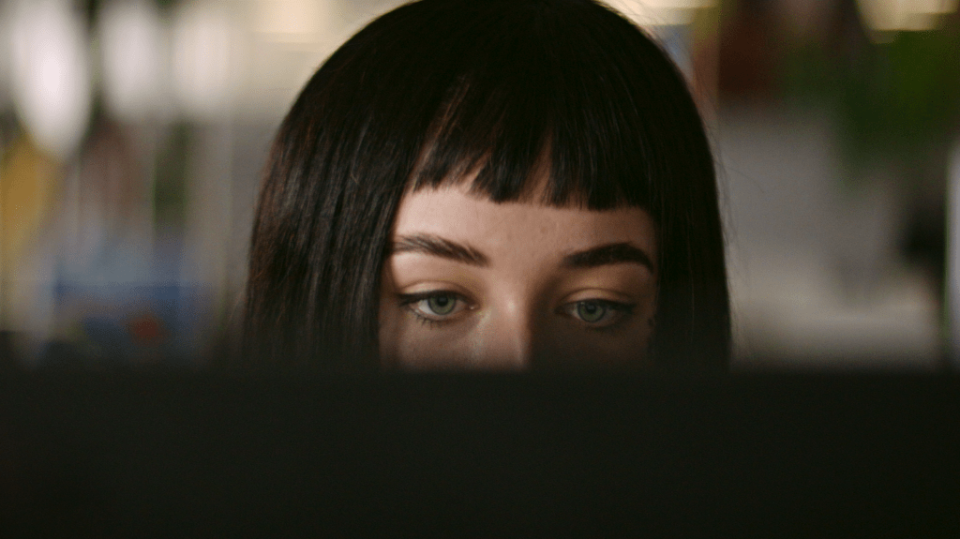
“Netflix quite rightly said from the start that if anyone’s going to be on it … they have to be themselves,” he said, adding the filmmakers didn’t want to use fake names, AI or masks to hide the identities of interviewees.
“They actually had to be open and honest about who they are when they tell their story. I wasn’t expecting it to be quite as hard as it was [to find people willing to talk], given that that was nine years ago. A lot of people whose names were revealed [in the 2015 hack] would have either repaired [their relationships] or their marriages would have ended. So, I thought, with that much water under the bridge, it would be easier than it was to find people who were willing to come on and talk.”
He continued, “I think the fact that it was as hard as it was just speaks to the extent of the stigma around it. People were so worried about other people in their lives … hearing them talk about having cheated on their partners.”
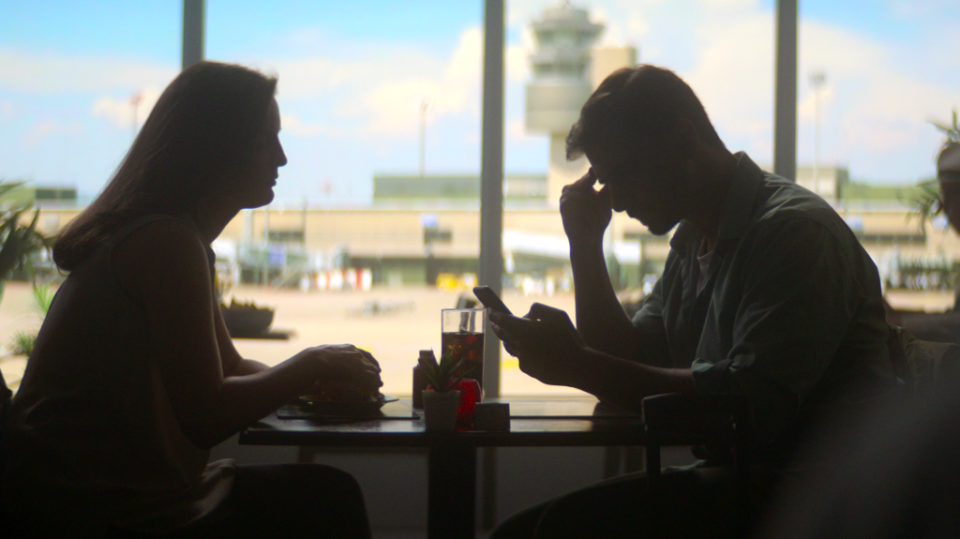
At the time the Ashley Madison hacking scandal occurred, in 2015, it was one of the biggest cybercrimes in internet history, releasing the personal details of 35 million users of the site, which wreaked havoc on numerous families.
It also exposed famous people who were using the site, such as then-reality TV star (and since then, convicted sex offender) Josh Duggar.
Paton said he deliberately stayed away from the celebs involved, preferring to focus on lesser-known figures such as the Radar family.
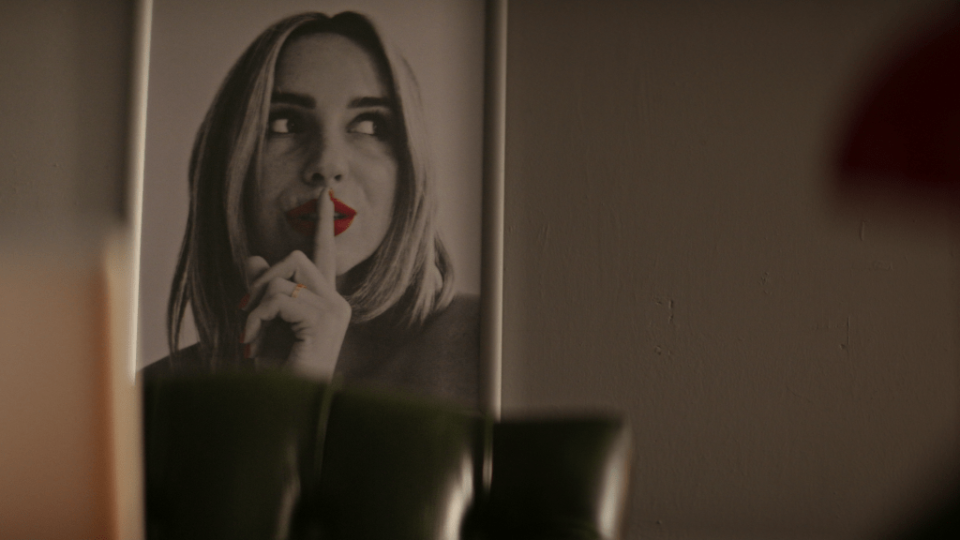
“One of the things that really appealed to me about the series was the potential of it to speak in a universal way to the issues that we all could understand … Monogamy is difficult. Being married to and being with one person the rest of your life is a real challenge,” he told the Post. “So we wanted couples whose experience would feel relatable and could create a conversation and an opportunity in this space for someone to reflect on their own relationships. So, it felt like choosing famous celebrities would … lead us away from that. It would have become a different kind of series.”
He added that interviewing Radar was “particularly tense and difficult,” because “it’s not easy to come on camera and talk about stuff you’ve done that you feel ashamed of.”
The documentary points out that, to this day, the culprit of the infamous hack remains a mystery.
Even though Ashley Madison offered a $500,000 reward to anyone willing to identify the hacker, nobody ever came forward.
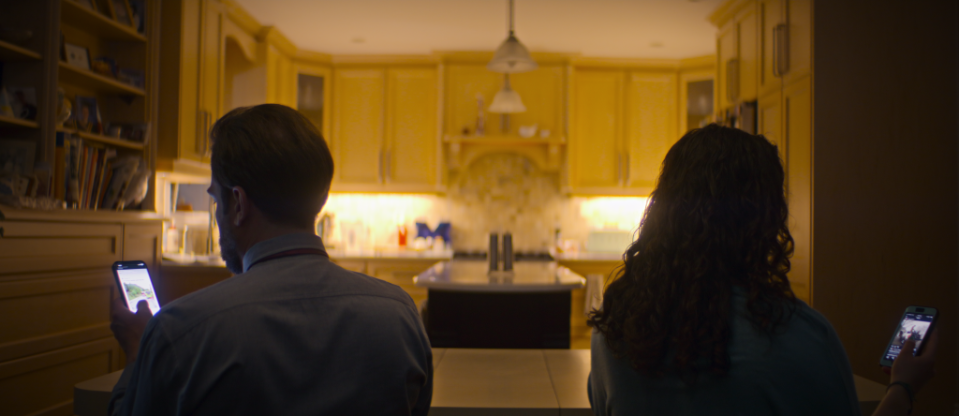
“It’s a fascinating aspect of the whole story,” said Paton. “The cyber expert that we speak to said it’s extremely unusual to have a sophisticated and high-profile [hack] and have the person who did it have never done anything before and never do anything since. It really seemed like it was a one-off.”
He added that there are a lot of “fascinating theories” about who did the hack.
“I think there’s a high chance that whoever did it was in some sense connected … and had some kind of inside knowledge of how the company worked. But beyond that, I really don’t think anybody knows.”
He added, “Whoever did it has done an extraordinarily good job of keeping their head down.”

 Yahoo News
Yahoo News 
